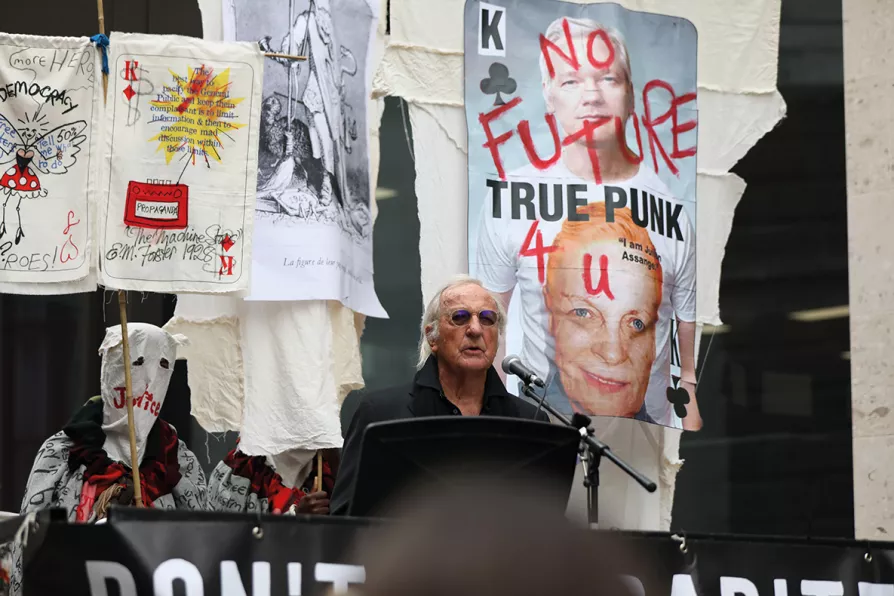Labour prospects in May elections may be irrevocably damaged by Birmingham Council’s costly refusal to settle the year-long dispute, warns STEVE WRIGHT

 John Pilger speaking outside the Old Bailey, London, ahead of a hearing in Wikileaks founder Julian Assange's battle against extradition to the US
John Pilger speaking outside the Old Bailey, London, ahead of a hearing in Wikileaks founder Julian Assange's battle against extradition to the US
THE mainstream media is focused on a 24-hour cycle of the current news. Historical context and memory is at best partial.
So, for example, when it comes to Israel’s genocide in Gaza the reference point is the Hamas attack of October 7. The wider picture of 75 years since the Nakba when Palestinians were forced off land that became Israel, and the many military actions of the Israeli government since do not feature. If they did a very different understanding of what is happening now might arise.
Another example in a different way is the recent death of John Pilger, one of the leading investigative journalists of the last 50 years. Such journalism is essential if democracy is to function in anything like an effective way. Pilger received many tributes, but from Rishi Sunak and Keir Starmer there was silence. They apparently could not recall anything worthy of note about the journalist.

It’s not just the Starmer regime: the workers of Britain have always faced legal affronts on their right to assemble and dissent, and the Labour Party especially has meddled with our freedoms from its earliest days, writes KEITH FLETT

The government cracking down on something it can’t comprehend and doesn’t want to engage with is a repeating pattern of history, says KEITH FLETT

KEITH FLETT traces how the ‘world’s most successful political party’ has imploded since Thatcher’s fall, from nine leaders in 30 years to losing all 16 English councils, with Reform UK symbolically capturing Peel’s birthplace, Tamworth — but the beast is not dead yet











